The emergence of the Demiurge and the concept of evil in late Greek classical philosophy
The late phase of Greek classical philosophy witnessed the development of profound metaphysical ideas, including the conceptualization of a creator god and a principle resembling an evil or opposing force. These ideas did not arise as traditional myths but as philosophical constructs that sought to explain the nature of the cosmos, the origin of order and disorder, and the human condition. These innovations, particularly evident in Plato’s works and their later interpretations, had far-reaching implications, influencing religious, metaphysical, and theological traditions, especially Christianity and Gnosticism

Demiurge, interpreted by DALL•E.
Plato’s Demiurge: The rational creator
One of the most significant contributions to the notion of a creator god comes from Plato’s dialogue Timaeus. In this text, Plato introduces the concept of the Demiurge (from the Greek “dēmiourgos”, meaning craftsman or artisan). The Demiurge is depicted as a benevolent and rational being who shapes the cosmos by imposing order on pre-existing chaotic matter. Unlike the creator god of later monotheistic traditions, the Demiurge does not create ex nihilo (out of nothing); rather, it organizes the cosmos based on the eternal and perfect Forms, which serve as ideal templates for the material world.
The nature and role of the demiurge
Plato’s Demiurge is not a deity in the traditional sense but a metaphysical principle that bridges the gap between the realm of perfect Forms and the imperfect, mutable material world. In Timaeus, the Demiurge is guided by the Good, the highest Form, and works to create a cosmos that is as harmonious and perfect as possible given the limitations of the chaotic material it must work with. This act of creation is not an act of dominance but of rational craftsmanship, reflecting the Greek philosophical emphasis on reason and order.
Chaos and necessity: The resistance to order
In the same dialogue, Plato acknowledges the presence of forces that resist the Demiurge’s rational ordering. These are chaos and necessity (anangkē). Chaos represents the formless, disordered state of matter before the Demiurge imposes order, while necessity signifies the inherent limitations and constraints of the physical world. These forces are not moral agents but structural elements of the cosmos, which explain why the material world can never perfectly reflect the realm of Forms.
The emergence of dualistic interpretations
Although Plato’s cosmology does not posit an evil god, his ideas about the Demiurge, chaos, and necessity laid the groundwork for later dualistic interpretations in Hellenistic and early Christian thought. During the late classical and Hellenistic periods, philosophers and theologians began to develop more explicitly dualistic frameworks, introducing a sharp opposition between the spiritual and material realms.
Middle Platonism and the reinterpretation of the demiurge
In the period of Middle Platonism (1st century BCE to 3rd century CE), Plato’s ideas were further elaborated and sometimes reinterpreted. Middle Platonists, such as Philo of Alexandria, sought to harmonize Platonic philosophy with religious traditions, particularly Judaism. Philo identified the Demiurge with the God of the Hebrew Scriptures, portraying it as a supreme creator that transcends the physical world. At the same time, the material world was increasingly viewed as inherently flawed or corrupt, leading to an implicit tension between the spiritual and the material.
Gnostic dualism: the demiurge as a malevolent force
Gnostic traditions, emerging in the 1st and 2nd centuries CE, radicalized these dualistic tendencies. In Gnostic cosmology, the Demiurge was often recast as a malevolent or ignorant being responsible for the flawed and corrupt material world. For example, in the writings of the Nag Hammadi Library, such as the Apocryphon of John, the Demiurge (sometimes named Ialdabaoth) is portrayed as an arrogant entity who falsely claims to be the sole god.
Gnosticism introduced a stark dualism between the spiritual realm, associated with a transcendent, unknowable God, and the material realm, governed by the Demiurge and his subordinate Archons. This worldview emphasized the entrapment of the divine spark (human souls) in the material body, with salvation requiring escape from the material realm through gnosis (knowledge).
Influence of Zoroastrianism and Eastern traditions
The dualistic elements in Gnosticism may have been influenced by Zoroastrianism, a Persian religious tradition that posited a cosmic struggle between Ahura Mazda (the god of light and order) and Angra Mainyu (the destructive spirit of chaos and evil). The interaction of Greek philosophical ideas with Eastern traditions during the Hellenistic period likely contributed to the development of these more radical dualistic frameworks.
Impact on Christianity
The ideas of a creator god and an opposing force also played a crucial role in the development of early Christian theology. While orthodox Christianity rejected Gnostic dualism, elements of Platonic and Middle Platonic thought were integrated into Christian doctrine, particularly through the works of theologians like Origen, Augustine, and Aquinas.
The creator god in Christian thought
Christian theology adopted the concept of a creator god but reinterpreted it within the framework of monotheism. The Christian God was seen as omnipotent, creating the world ex nihilo, and fundamentally good. However, the problem of evil (why a good and omnipotent God would allow evil) became a central theological challenge. This issue was addressed through doctrines such as original sin and free will, which sought to reconcile the existence of evil with God’s benevolence.
The devil as the principle of evil
While Christianity rejected the Gnostic portrayal of the Demiurge, it developed its own notion of a malevolent force in the figure of Satan or the devil. Unlike the Gnostic Demiurge, Satan is not a creator but a fallen being who opposes God’s will and tempts humanity. This concept of an evil force allowed Christianity to address the reality of moral and natural evil while maintaining the goodness of the creator.
Neoplatonism and Christian synthesis
The philosophical synthesis achieved by Neoplatonism, particularly in the works of Plotinus, also influenced early Christian thought. Plotinus’s hierarchical metaphysics, with the One (a transcendent source of all being) at its apex, resonated with Christian notions of God. His emphasis on the ascent of the soul toward unity with the divine provided a framework for Christian mysticism and spirituality.
Conclusion
The late phase of Greek classical philosophy introduced transformative ideas about a creator god and opposing forces that resonated far beyond their original context. Plato’s Demiurge, initially a rational and benevolent craftsman, became a central figure in the metaphysical and theological debates of later antiquity, inspiring reinterpretations that ranged from Middle Platonism to Gnosticism and Christianity. These ideas contributed to discussions about the nature of the cosmos, the origin of evil, and humanity’s place in the universe.
References
- Hellmut Flashar, Klaus Döring, Michael Erler, Die Philosophie der Antike. Bd. 1. Frühgriechische Philosophie, 2013, Schwabe, Aus der Reihe: Grundriss der Geschichte der Philosophie, ISBN: 9783796525988
- Klaus Döring, Michael Erler, Die Philosophie der Antike. Bd. 2/1. Sophistik, Sokrates, Sokratik, Mathematik, Medizin, 1998, Schwabe, Aus der Reihe: Grundriss der Geschichte der Philosophie, ISBN: 9783796510366
- Michael Erler, Die Philosophie der Antike. Bd. 2/2. Platon, 2007, Schwabe, Aus der Reihe: Grundriss der Geschichte der Philosophie, ISBN: 978-3-7965-2237-6
- Hellmut Flashar, Die Philosophie der Antike. Bd. 3. Ältere Akademie, Aristoteles, Peripatos, 2004, Schwabe, Aus der Reihe: Grundriss der Geschichte der Philosophie, ISBN: 978-3-7965-1998-7
- Hellmut Flashar, Michael Erler, Günter Gawlick, Woldemar Görler, Peter Steinmetz, Die Philosophie der Antike. Bd.4. Die hellenistische Philosophie, 1994, Schwabe, Aus der Reihe: Grundriss der Geschichte der Philosophie, ISBN: 9783796509308
- Christoph Riedweg, Christoph Horn, Die Philosophie der Antike. Bd. 5. Die Philosophie der Kaiserzeit und der Spätantike, 2018, Schwabe, Aus der Reihe: Grundriss der Geschichte der Philosophie, ISBN: 9783796526299
- Alexander Brungs, Georgi Kapriev, Vilem Mudroch, Die Philosophie des Mittelalters. Bd. 1. Byzanz. Judentum, 2019, Schwabe Verlagsgruppe, ISBN: 9783796526237
- John Marenbon, Die Philosophie des Mittelalters. Bd. 2. 11. Jahrhundert, 2025, Schwabe Verlag, ISBN: 9783796526251
- Laurent Cesalli, Ruedi Imbach, Alain de Libera, Thomas Ricklin, Die Philosophie des Mittelalters. Bd. 3. 12. Jahrhundert, 2021, Schwabe Verlag, ISBN: 9783796526251
- Alexander Brungs, Vilem Mudroch, Peter Schulthess, Die Philosophie des Mittelalters. Bd. 4. 13. Jahrhundert, 2017, Schwabe, ISBN: 9783796526268
- Klaus Held, Heraklit, Parmenides und der Anfang von Philosophie und Wissenschaft - Eine phänomenologische Besinnung, 1980, de Gruyter, ISBN: 9783110079623
- Burkert, W., Greek religion: Archaic and classical, 2008, Blackwell, ISBN: 978-0631156246
- Lloyd, G. E. R., Early Greek science: Thales to Aristotle, 1974, W. W. Norton & Company, ISBN: 978-0393005837
- Kenny, A., A new history of Western philosophy, 2010, Oxford University Press, ISBN: 978-0199589883
- Jonas, H., The Gnostic religion: The message of the alien God and the beginnings of Christianity, 2001, Beacon Press, ISBN: 978-0807058015
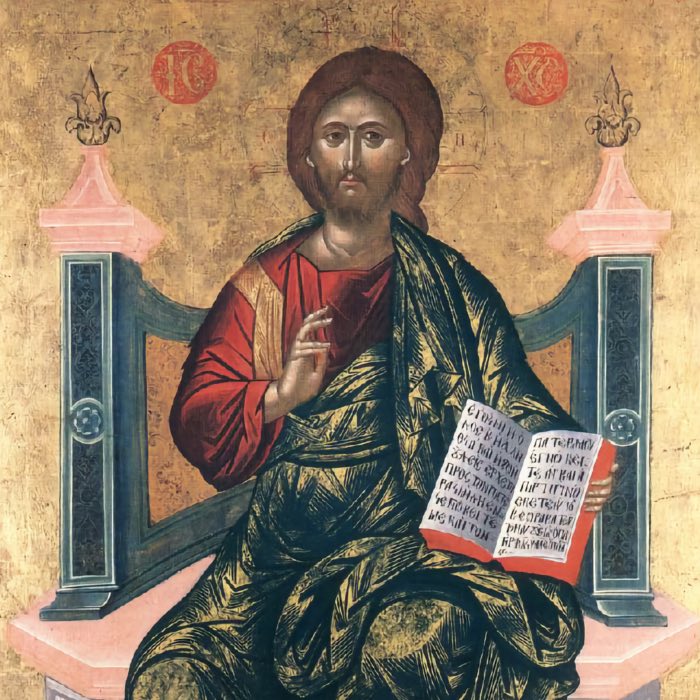
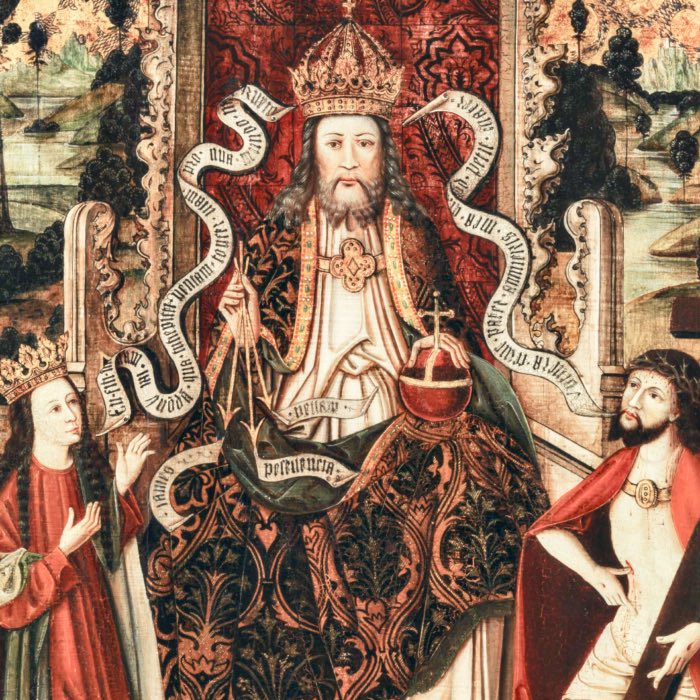
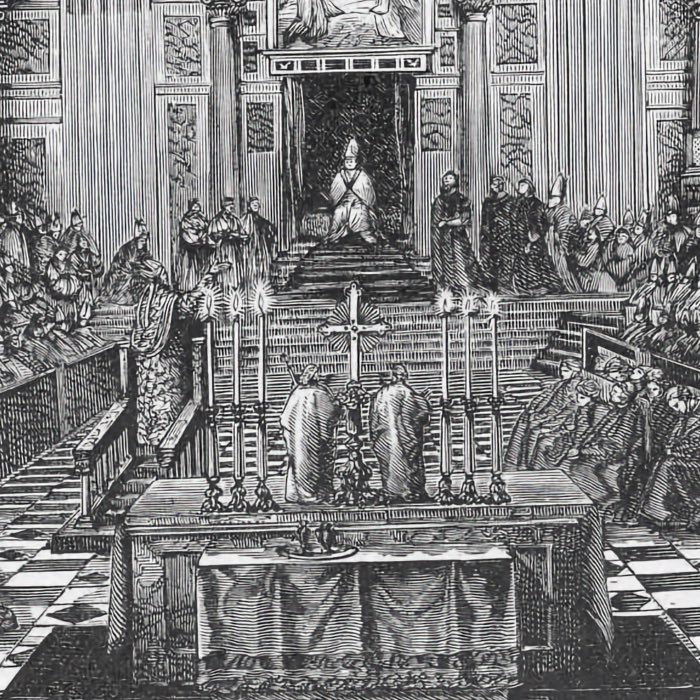
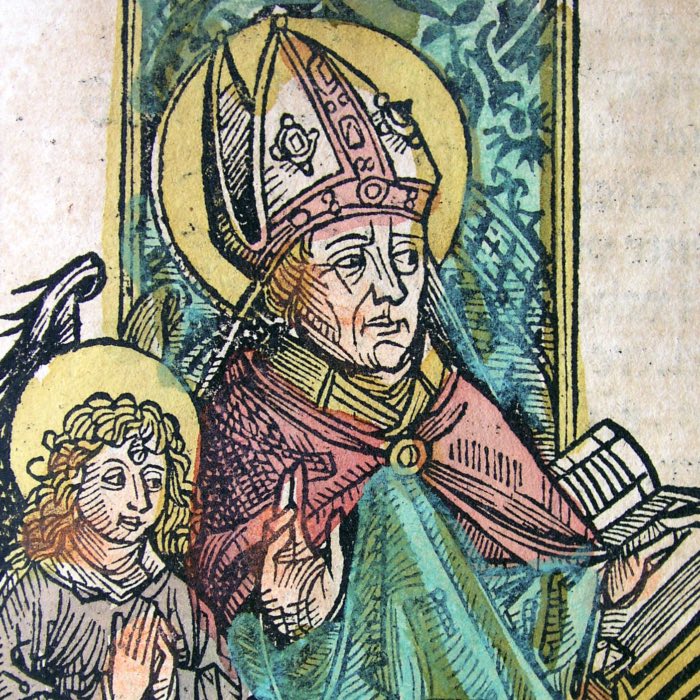
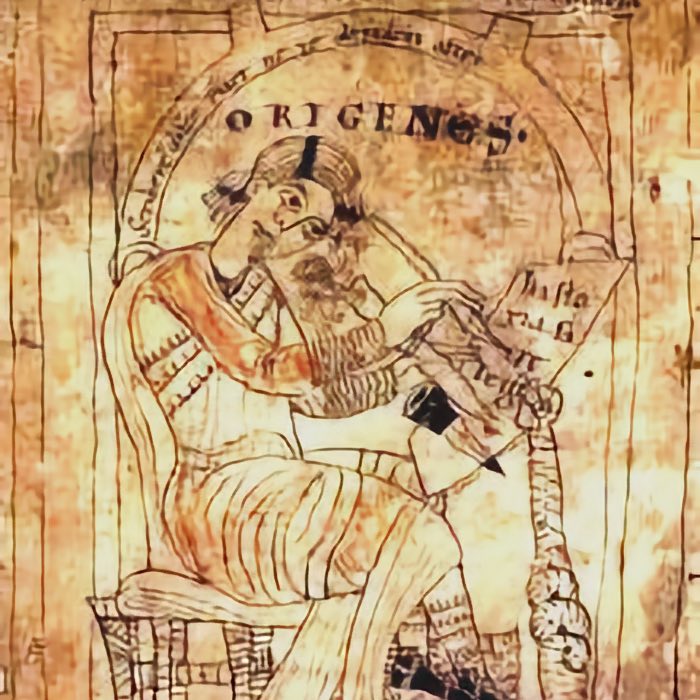
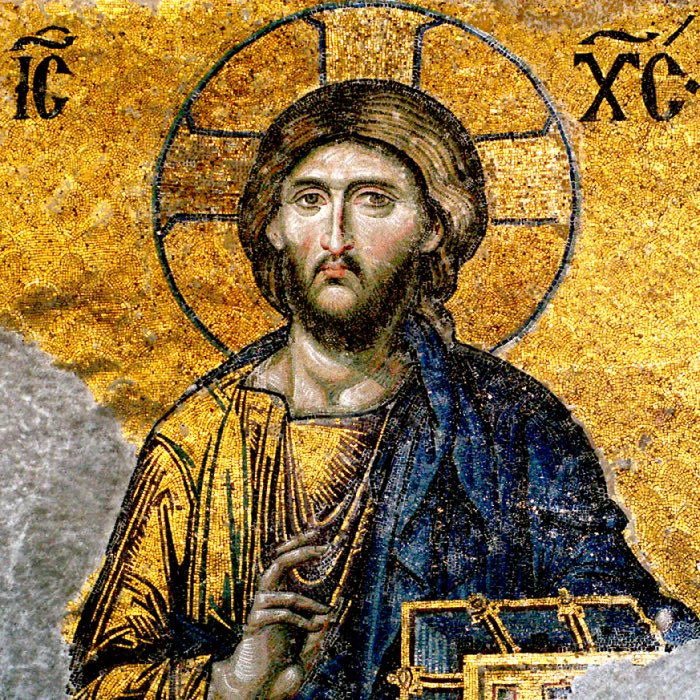
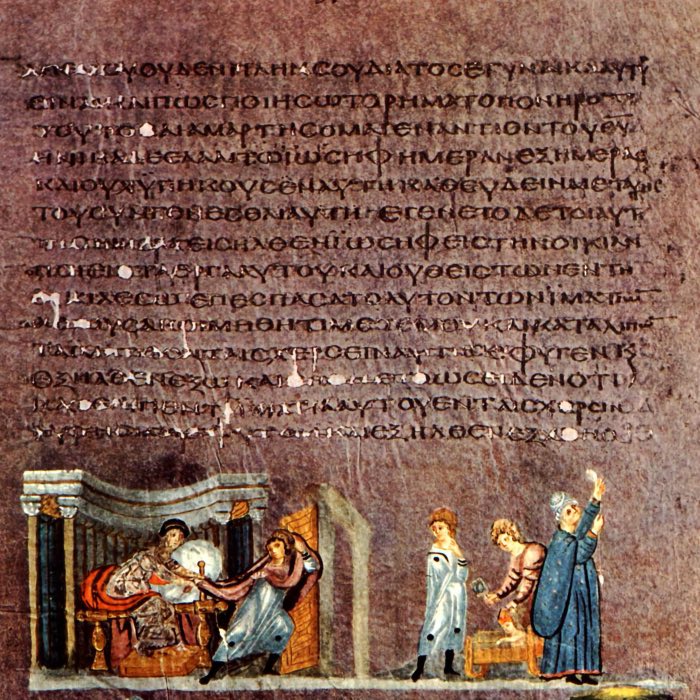
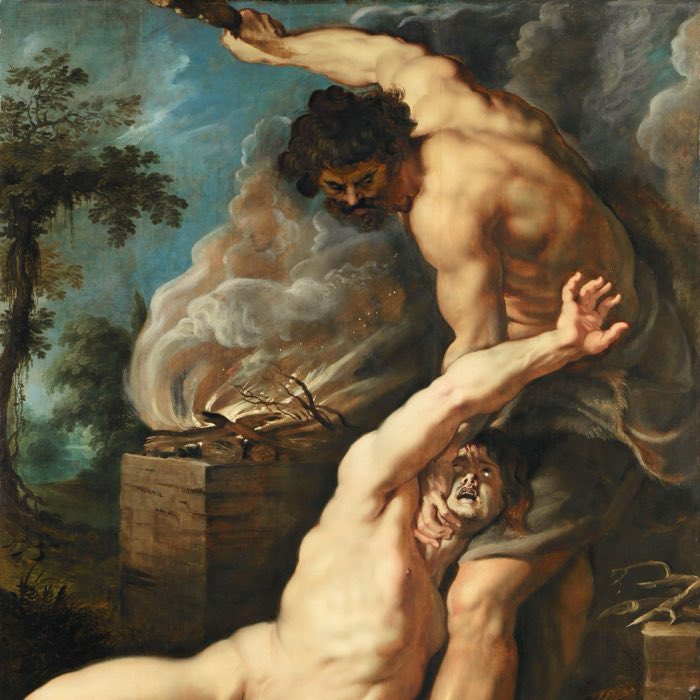
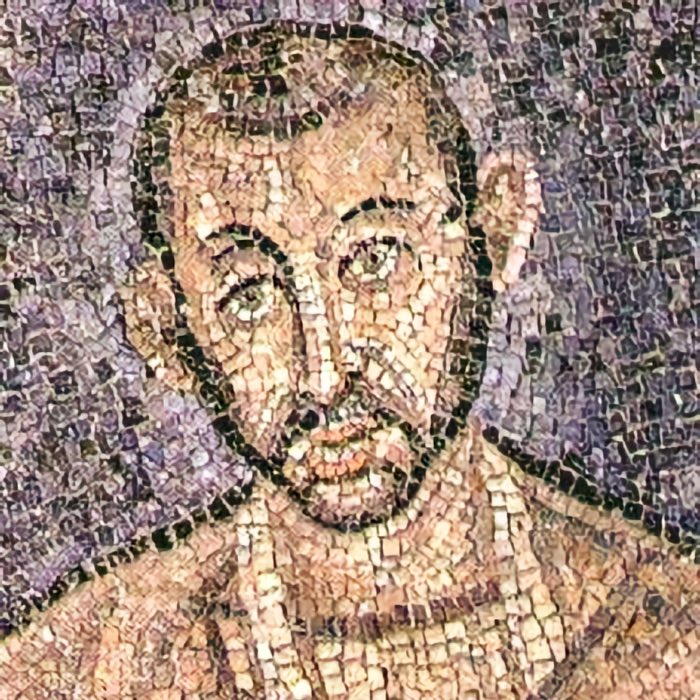
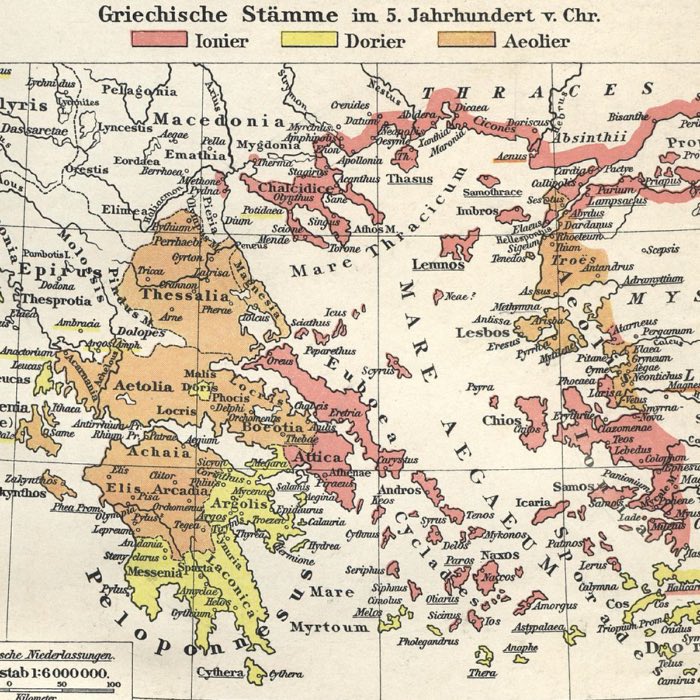
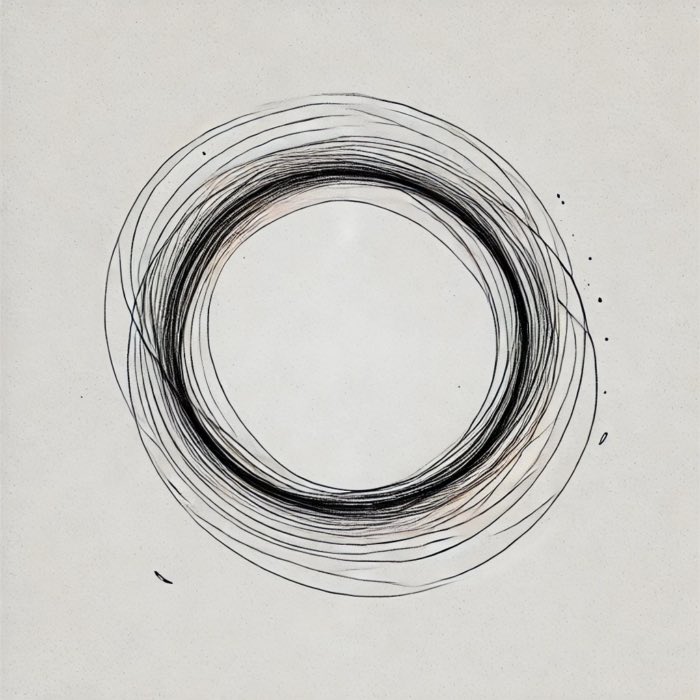
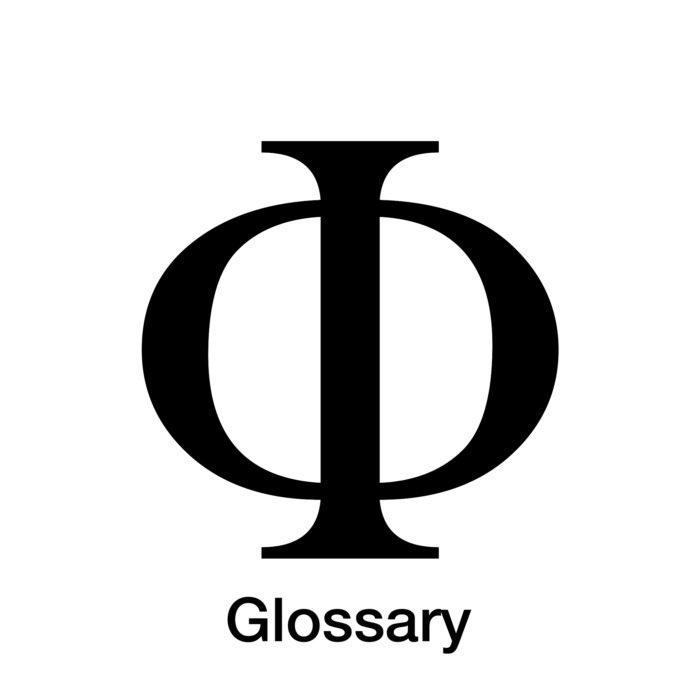
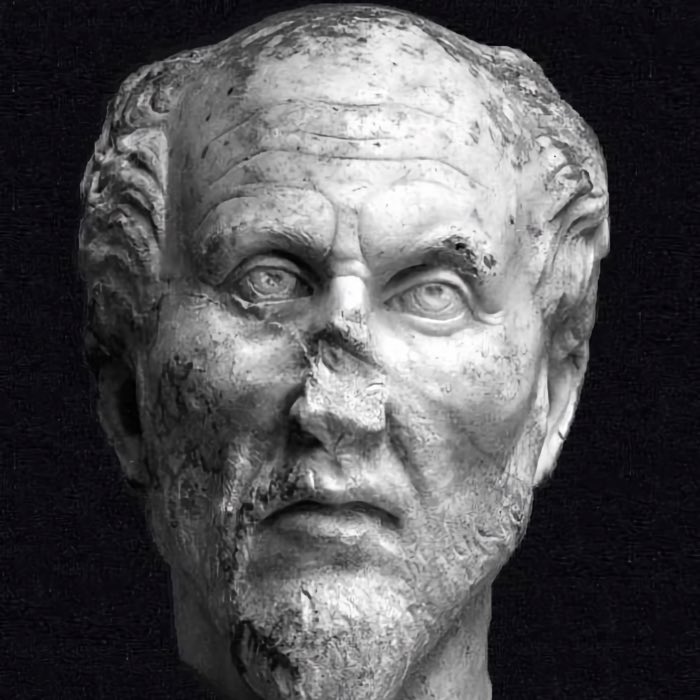
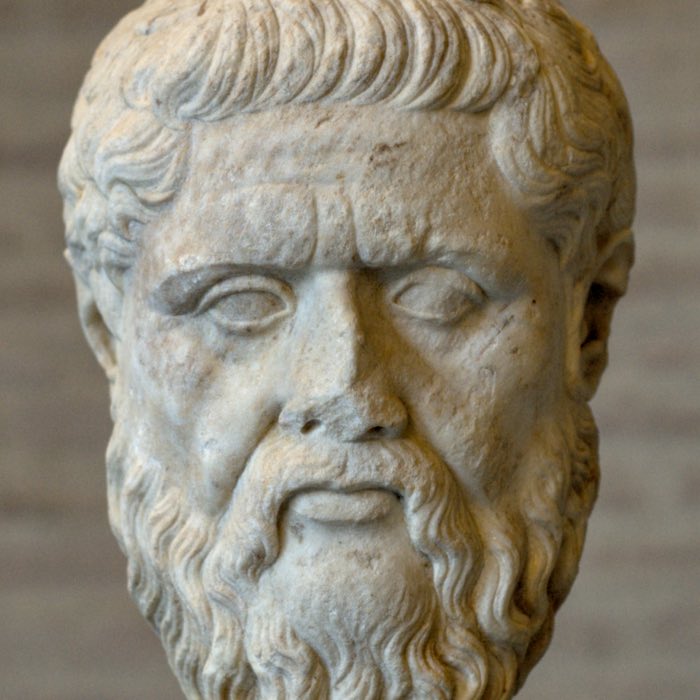
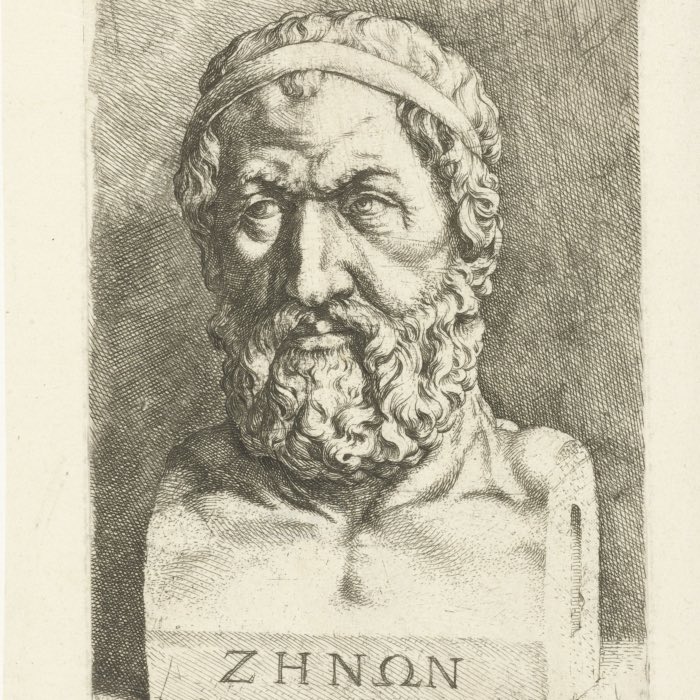
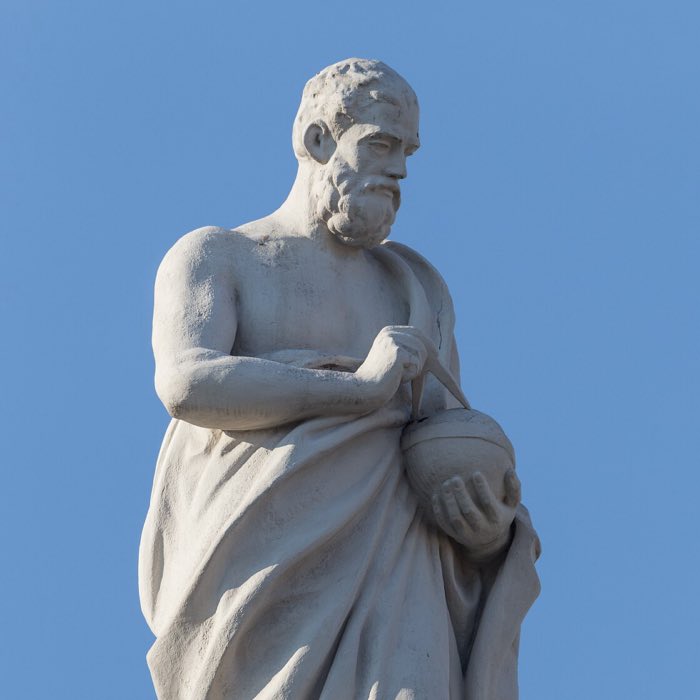
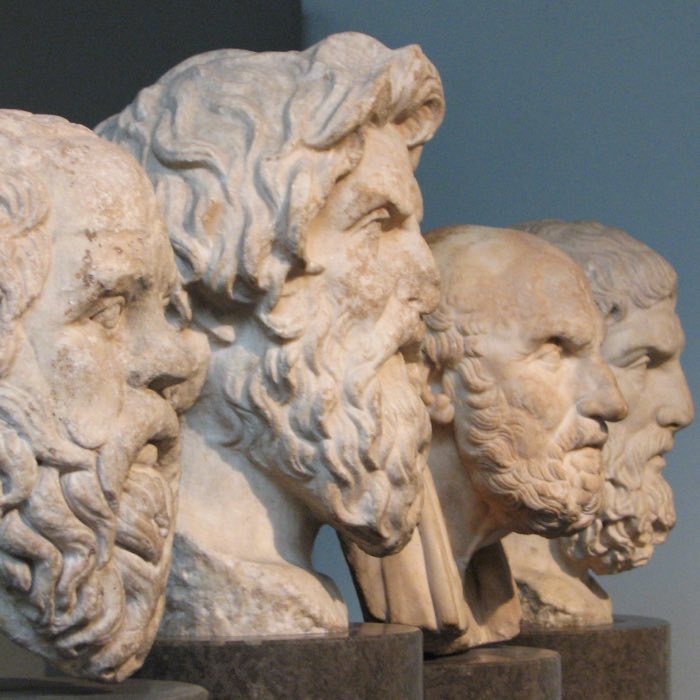

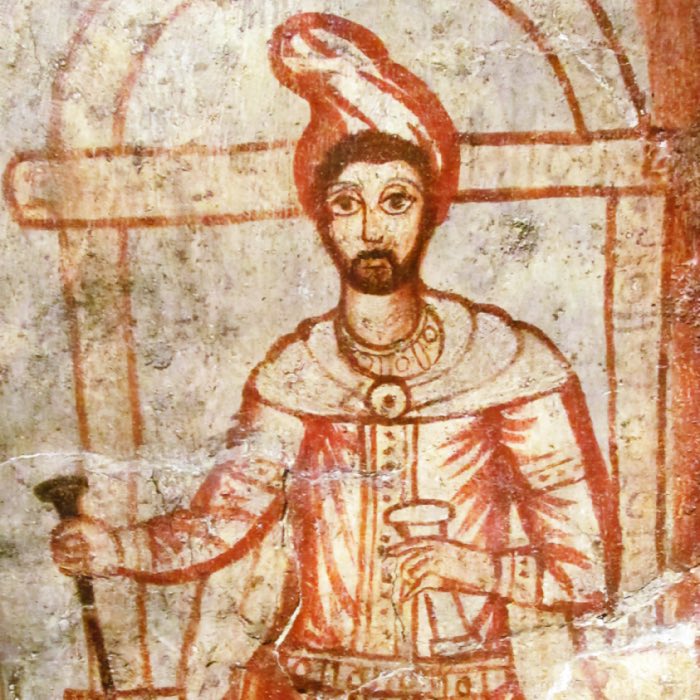
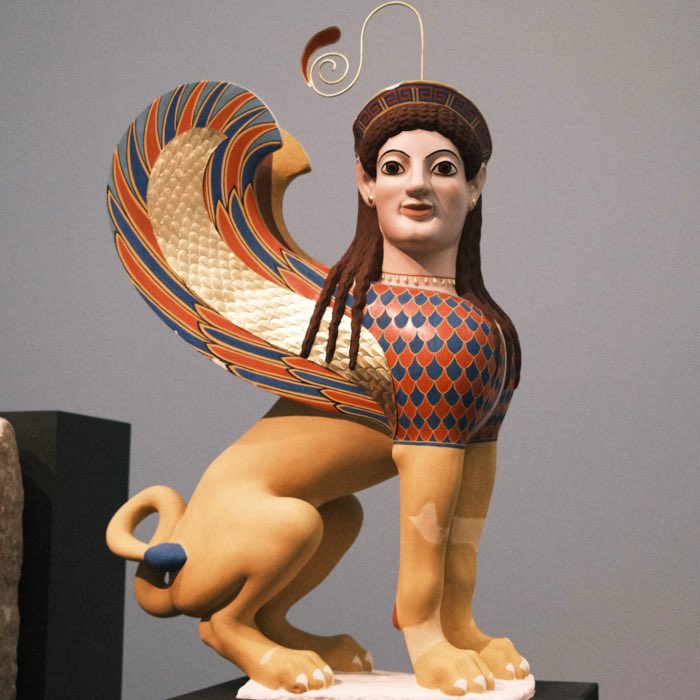

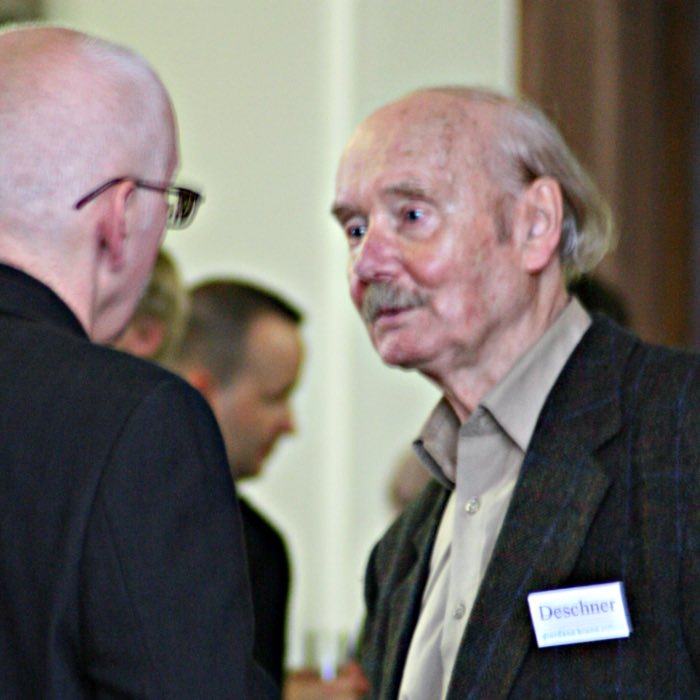

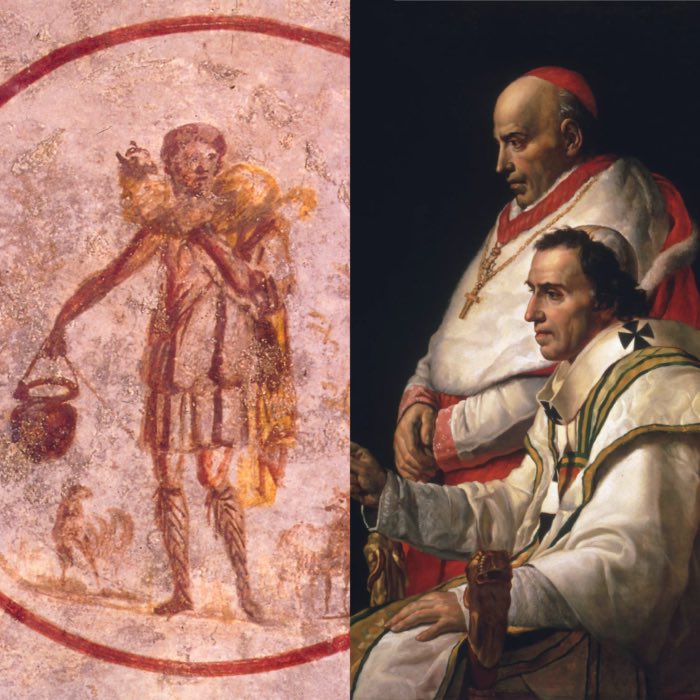
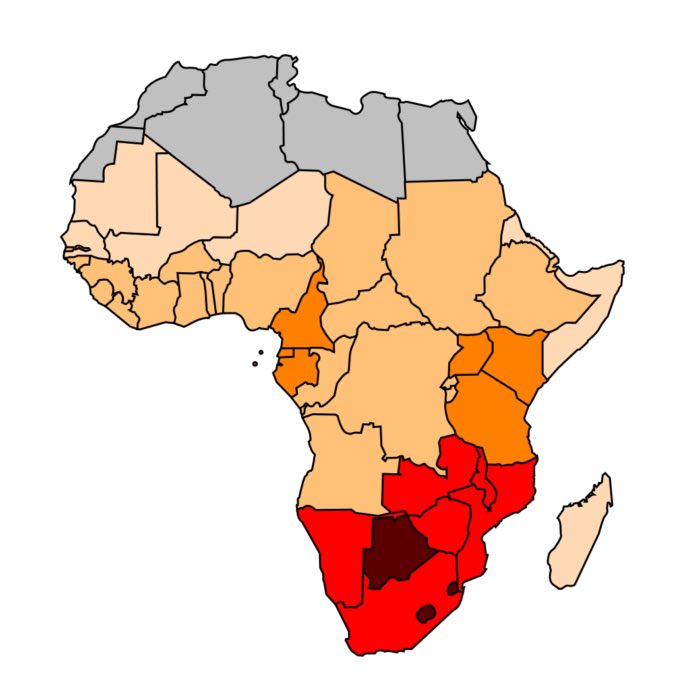
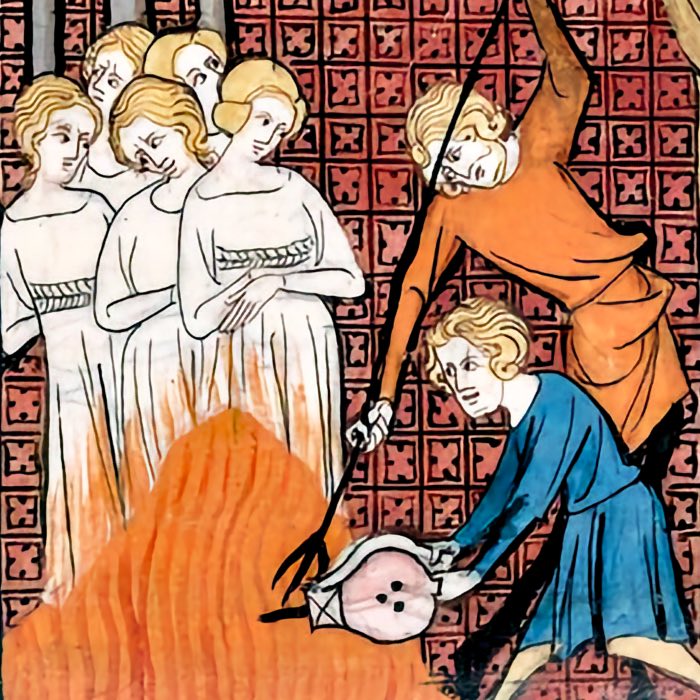
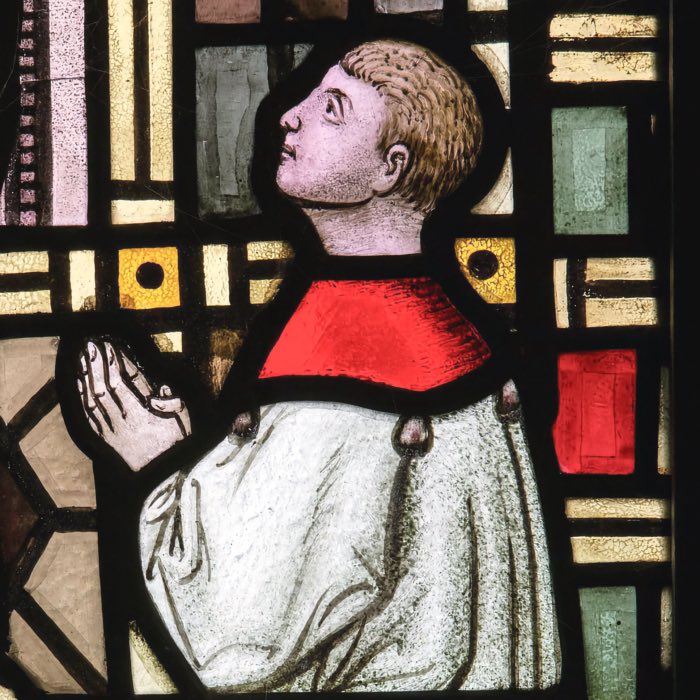
comments